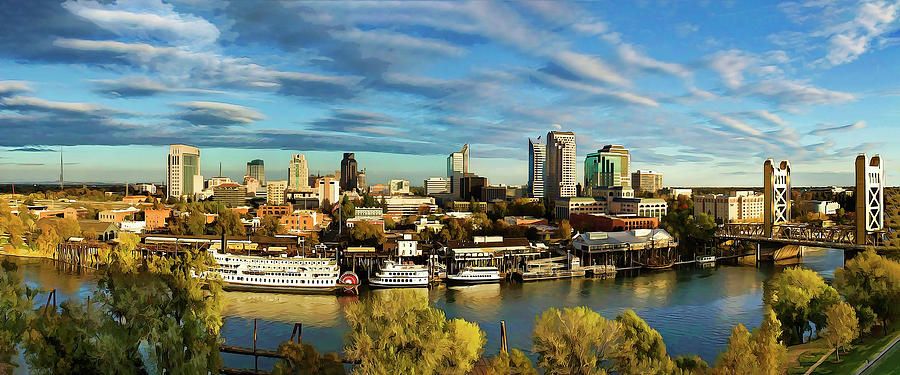Explore new sources of revenue
This may be a good time to start identifying new sources of revenue that can help the city make up for lost revenue and strengthen its financial base. There are several avenues to create new revenue for a city, but the benefits of the additional revenue must be weighed against the negative outcomes of adding a burden to the city's economy and its residents.
ASSESSMENT
Some questions to guide your thinking
- What potential additional sources of revenue are available?
- What is the revenue generation capacity of each one?
- What will be the impacts on citizens and the economy of each one?
- What is the approximate implementation time?
Reading
Proposing new taxes strategically
Government Finance Officers Association (GFOA) 30 minutes
What can local governments do to ensure that proposed new taxes succeed politically? This guide suggests engaging residents to define where new revenue needs exist, linking taxes to services that residents value, and building a network of supporters.
- Every idea contains a checklist with actionable insights to put into practice.
- Case studies from local governments in Florida, Oklahoma, and Missouri (among other states) are included.
Reading
Proposing new taxes strategically
What can local governments do to ensure that proposed new taxes succeed politically?…
